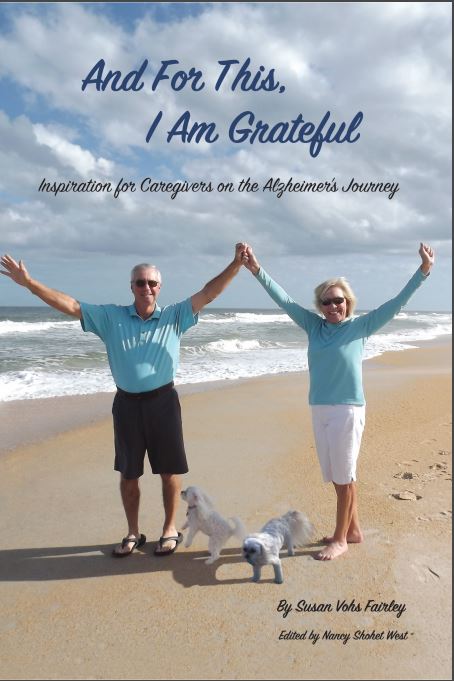“Busman’s holiday?” she asked.
Yes, it’s true: my job is to write and my hobby is to write. And for the past four months or so, when I haven’t been working on deadline to finish drafting an article, a brochure, or a piece of marketing copy, I’ve been putting together a compilation of family recipes.
And yes, it’s a little geeky, but it’s fun. Like many families, we have long wanted to pull together all our favorite old recipes, and as I worked on my project, many friends and acquaintances told me of how their mothers or grandmothers or even they themselves had made up binders of photocopied pages, one set to be given to each family member, or even had them bound at a copy store.
But print-on-demand publishing opens new possibilities for families who want to generate recipe collections. True, it will look more professional – if perhaps not as artistically creative – than a looseleaf binder or leatherbound scrapbook compilation of recipes, but more importantly, we’ll have an unlimited supply. Because we are doing this with a print-on-demand publisher, our book will exist in the cloud, available to anyone at any time, for as long as there’s an Amazon. And speaking as a reader of the Business section, it looks to me like Amazon will probably survive both nuclear holocaust and Armageddon.
It’s important to us, because my mother is the author of two previous cookbooks that are both out of print, simply because a number was determined for the print run and every last book sold out. Each family member has a copy, but there aren’t any more copies for new friends or acquaintances or even future generations.
It’s not that I think this particular cookbook that my mother and I wrote together is so important. It’s no “Mastering the Art of French Cooking” or “Moosewood” or “Silver Palate,” to name a few that I really do think changed the way people cooked. It’s just….well, us. It’s our family’s favorite recipes. It’s the ones we all trade around and copy for each other and pass back and forth time and again.
And it’s the ones my children and nieces and nephew asked us to include. Even those as young as nine or ten knew that it was important to them that we preserve certain formulas, like the way Grandma makes hot chocolate, or the way Grandma makes guacamole, or the way Grandma makes Portuguese sweet bread. (Come to think of it, all the ones my kids were most concerned with getting down in writing were their grandmother’s recipes, not mine. I’ll try not to take offense. I suppose it gives me something to which to aspire.)
As my mother wrote in her introduction to the book, “As I work on this third collection, I find myself thinking not about my cooking class students or anonymous cookbook buyers, as I did [with the first two books], but my six grandchildren. These are their favorites as well, dishes they've savored at countless family dinners and holiday gatherings over the years, and I imagine that someday they'll want these same recipes at their fingertips to make for their own children and grandchildren.”
Maybe. Maybe not. It’s always a mistake to project too many expectations, particularly misty-eye or rose-hued ones, on future generations. But if they do want to cook the familiar dishes of their childhoods, they’ll know just where to find the recipes.

 RSS Feed
RSS Feed